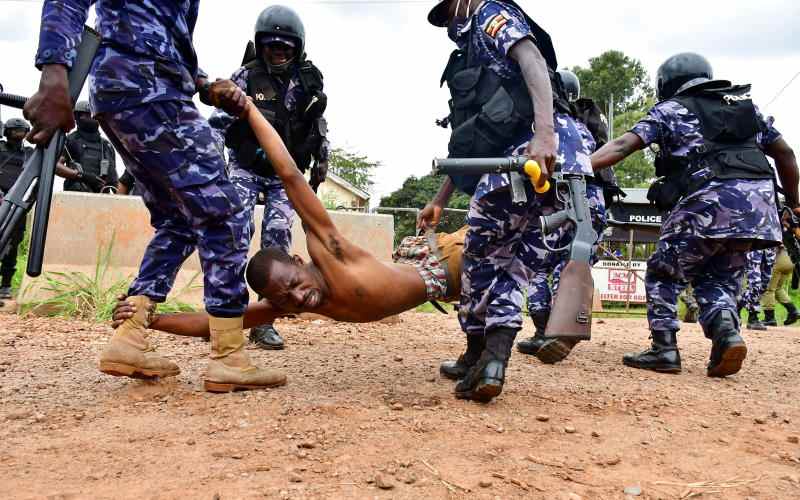×
The Standard e-Paper
Stay Informed, Even Offline

Ugandans will tomorrow go to the polls to elect a president to lead the country for the next five years. Incumbent 76-year-old Yoweri Museveni will battle it out with his fierce critic Robert Kyagulanyi Ssentamu.
The polls, whose campaigns in the capital Kampala and parts of the country have seen deadly chaos, might provide the highest hurdle yet for Museveni, the once-loved, former freedom fighter and perennial winner of presidential polls.